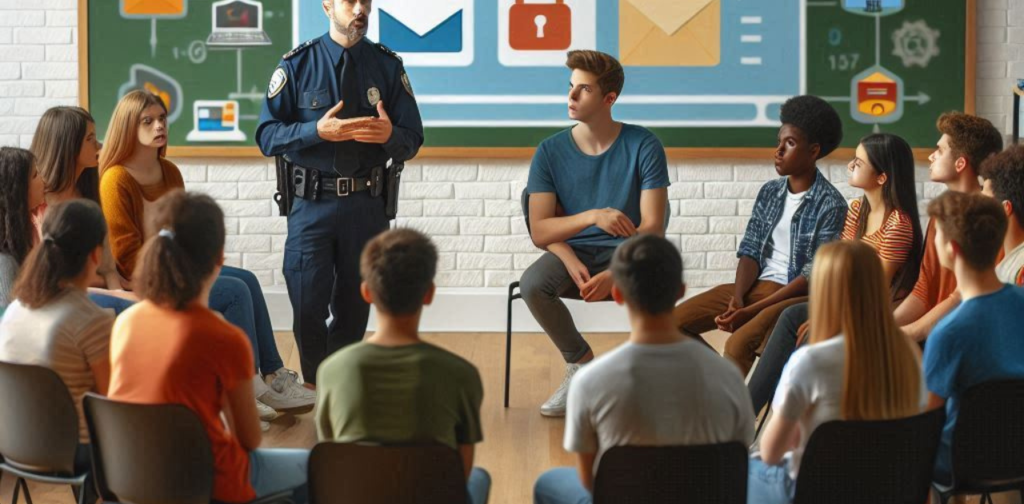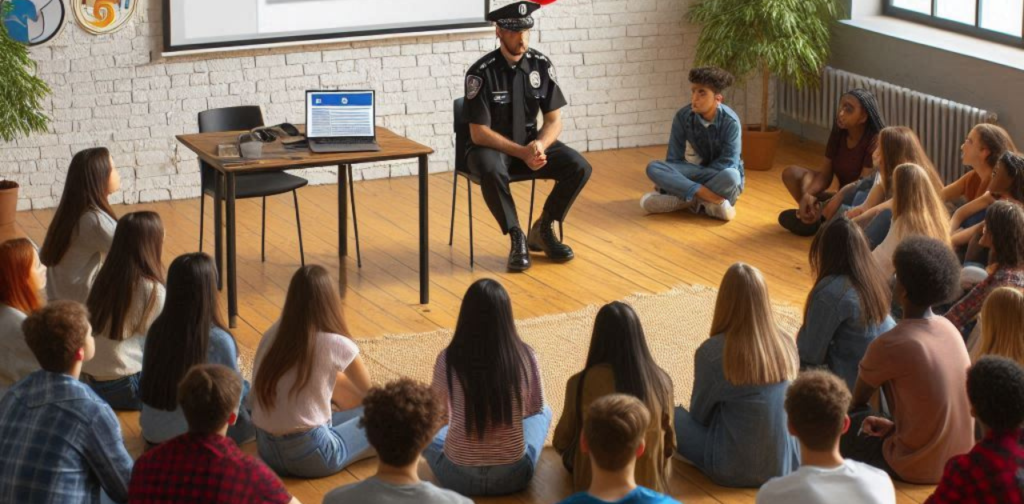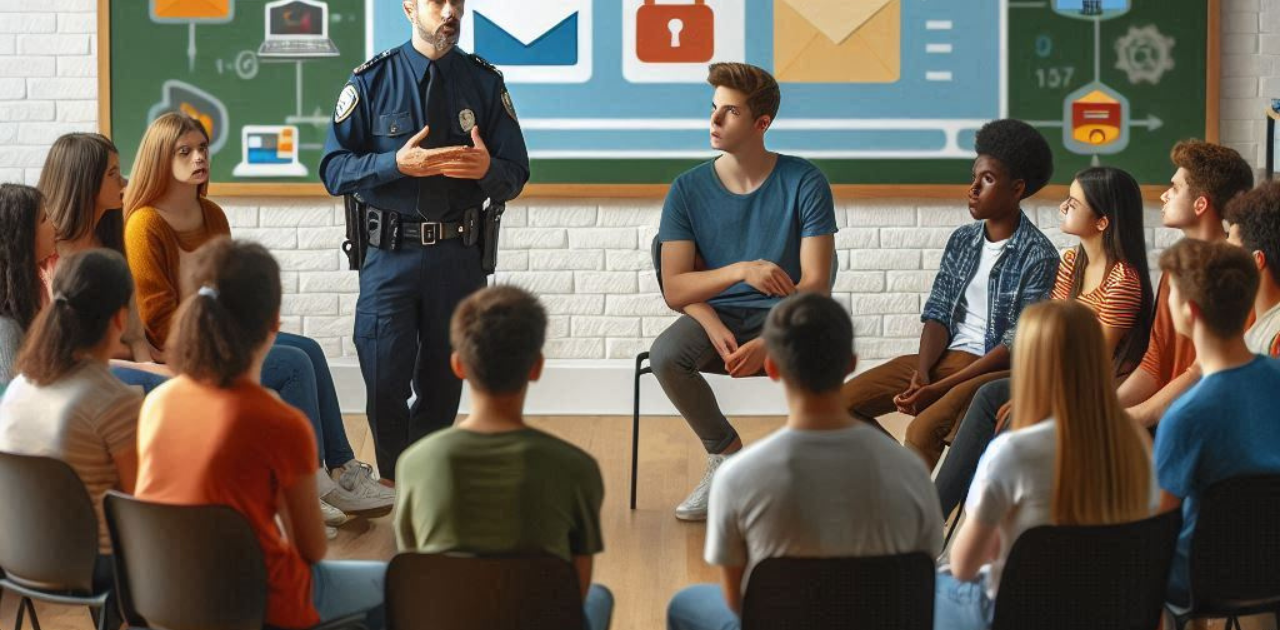Contents
Online Safety Tips for Students
Introduction
The digital age has changed the way students learn, interact and communicate. While the Internet offers countless opportunities, it also presents potential dangers. It is important for students to be aware of these risks and practice good online safety habits. This article provides essential tips to help students stay safe and secure in the online world.

Body
Online safety is important
for students who spend significant time online for academic, social, and recreational purposes. By following these guidelines, students can protect their personal information, avoid cyberbullying, and maintain a positive online presence.
Bullet Points
- Protect Personal Information: Avoid sharing personal details such as full name, address, phone number, or social security number online.
- Beware of strangers: Never meet someone online without telling a trusted adult.
- Strong passwords: Create strong, unique passwords for all online accounts and avoid sharing them.
- Beware of Phrasing: Beware of suspicious emails, links or attachments that ask for personal information.
*Think Before You Post: Consider the consequences before sharing content online. - Limit screen time: Balance online activities with other hobbies and interests.
- Back up important data: Back up your computer or device regularly to protect against data loss.

table
| Online threats Safety Point |
|—|—|
| Cyber Bullying | Stop and report bullies, save evidence, and get help. |
| Online Hunter | Be wary of strangers, avoid sharing personal information, and trust your instincts. |
| Phishing | Verify the authenticity of websites and emails before clicking on links or providing information. |
| Malware | Use anti-virus software and avoid downloading from unknown sources. |
| Privacy Concerns | Adjust privacy settings on social media and be mindful of what you share. |

Result
Online safety is an ongoing responsibility for students. By following these tips and staying aware of emerging threats, students can enhance their digital citizenship and protect themselves from online threats. It is important to promote a culture of online safety in educational institutions and promote open communication between students, parents and teachers.
Frequently Asked Questions
*How can I protect my personal information online?
- Use strong, unique passwords, avoid sharing personal details, and be careful around public Wi-Fi networks.
*What should I do if I experience cyberbullying? - Block and report bullies, save evidence, and get support from trusted adults or online resources.
*How can I recognize fraudulent attempts? - Be wary of unsolicited emails, links, or attachments, and verify the sender’s identity before clicking or providing information.
What are the symptoms of online addiction? - Excessive screen time, neglect of responsibilities, mood swings, and social isolation can be indicators of online addiction.
*How can I help my child stay safe online? - Open communication, setting boundaries, monitoring online activity, and using parental control tools can help keep kids safe.

By taking a proactive
approach to online safety, students can enjoy the benefits of the digital world while minimizing risks.
